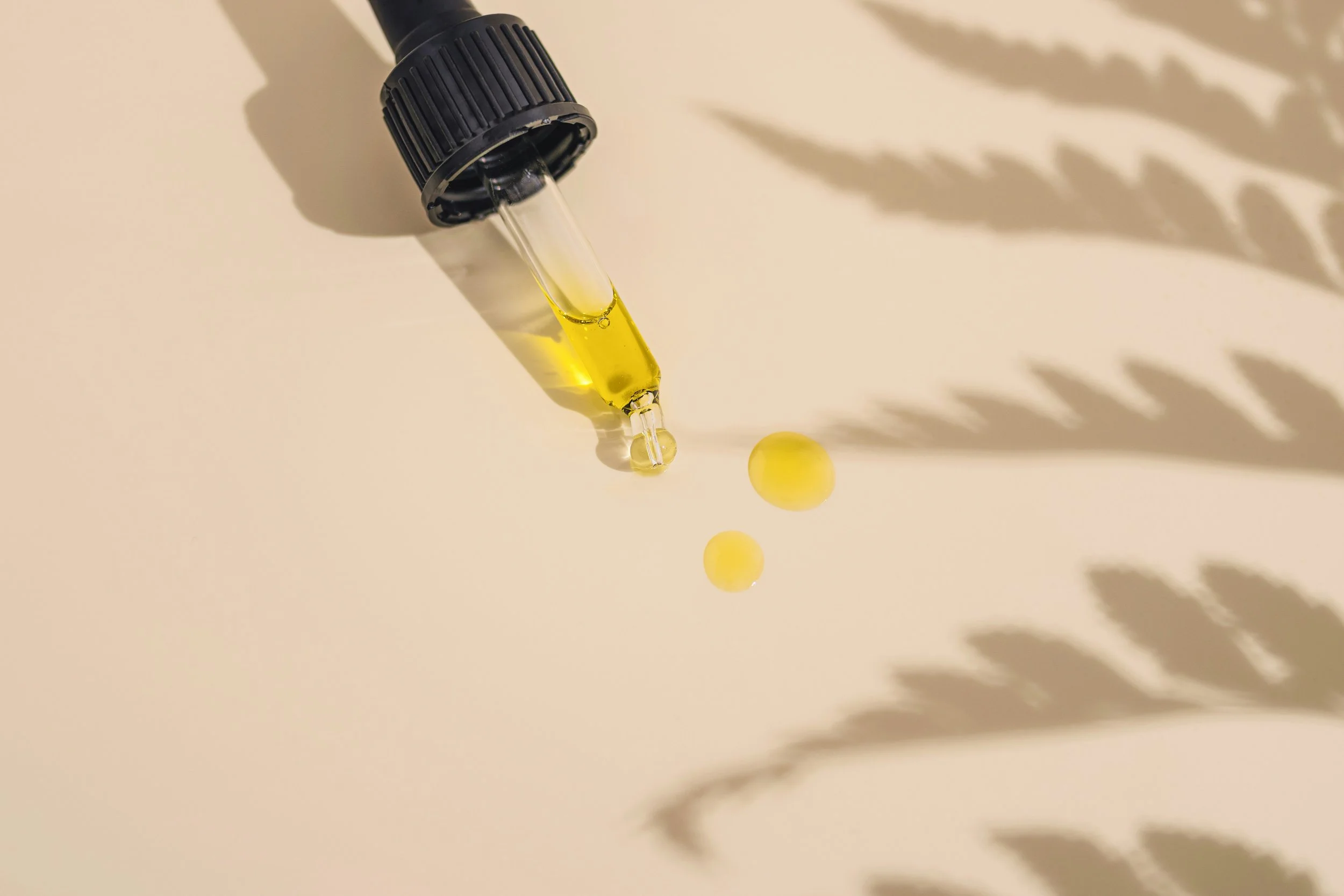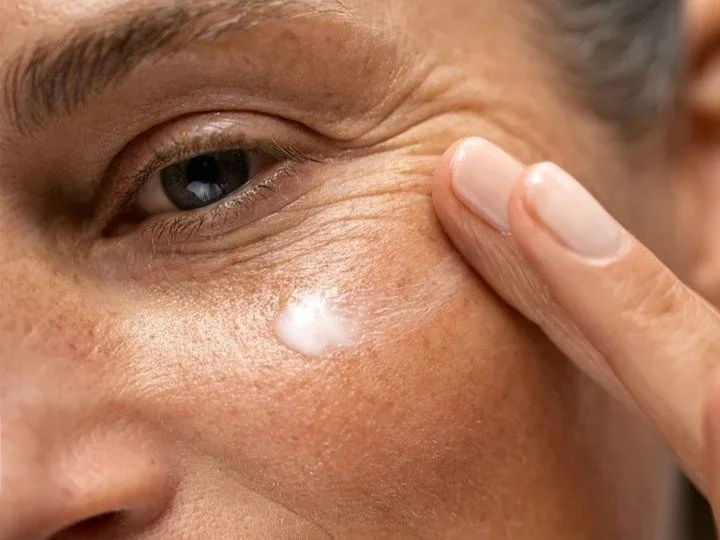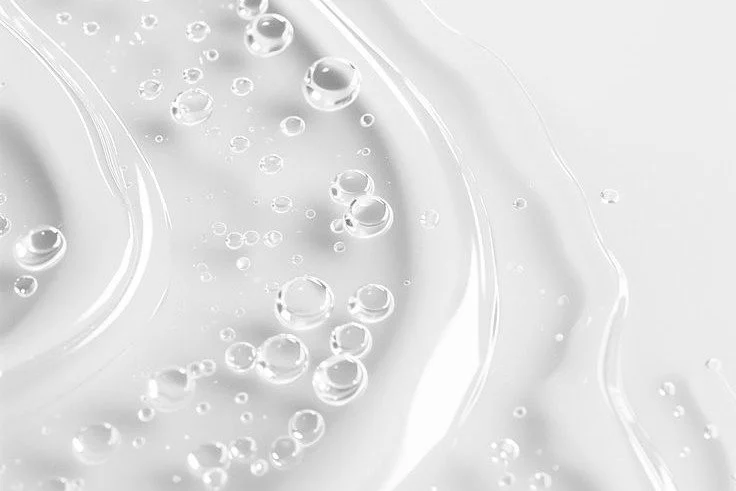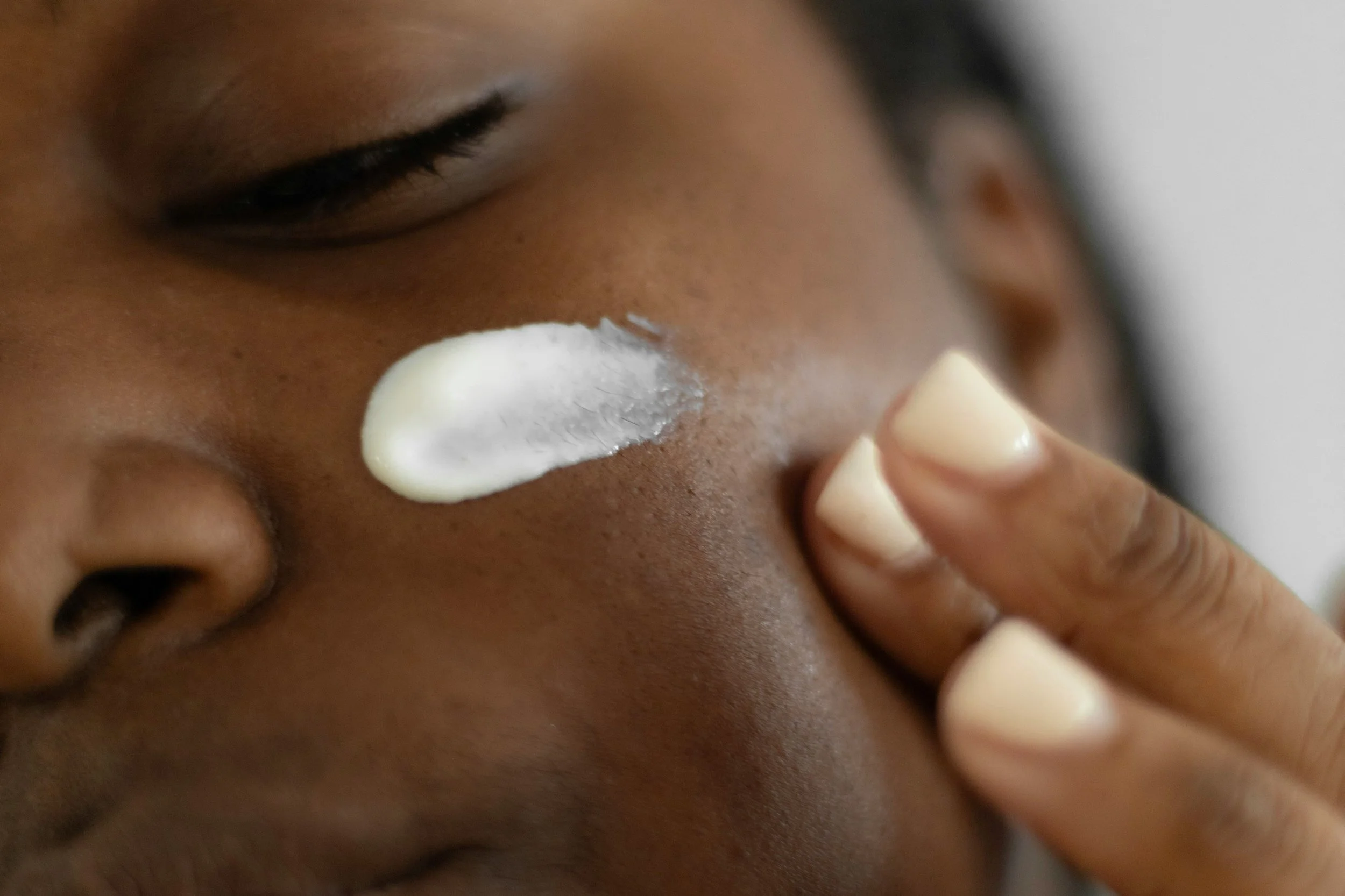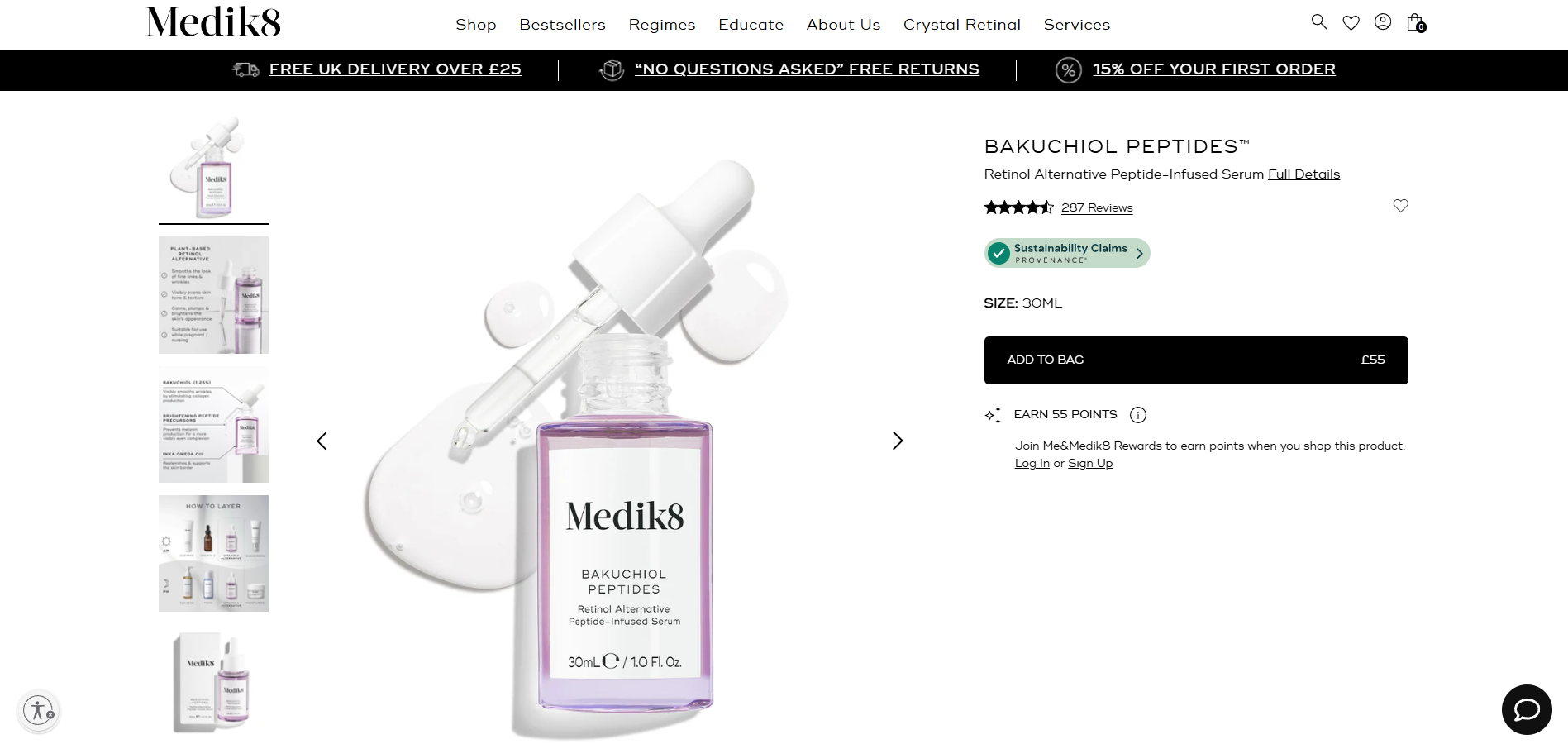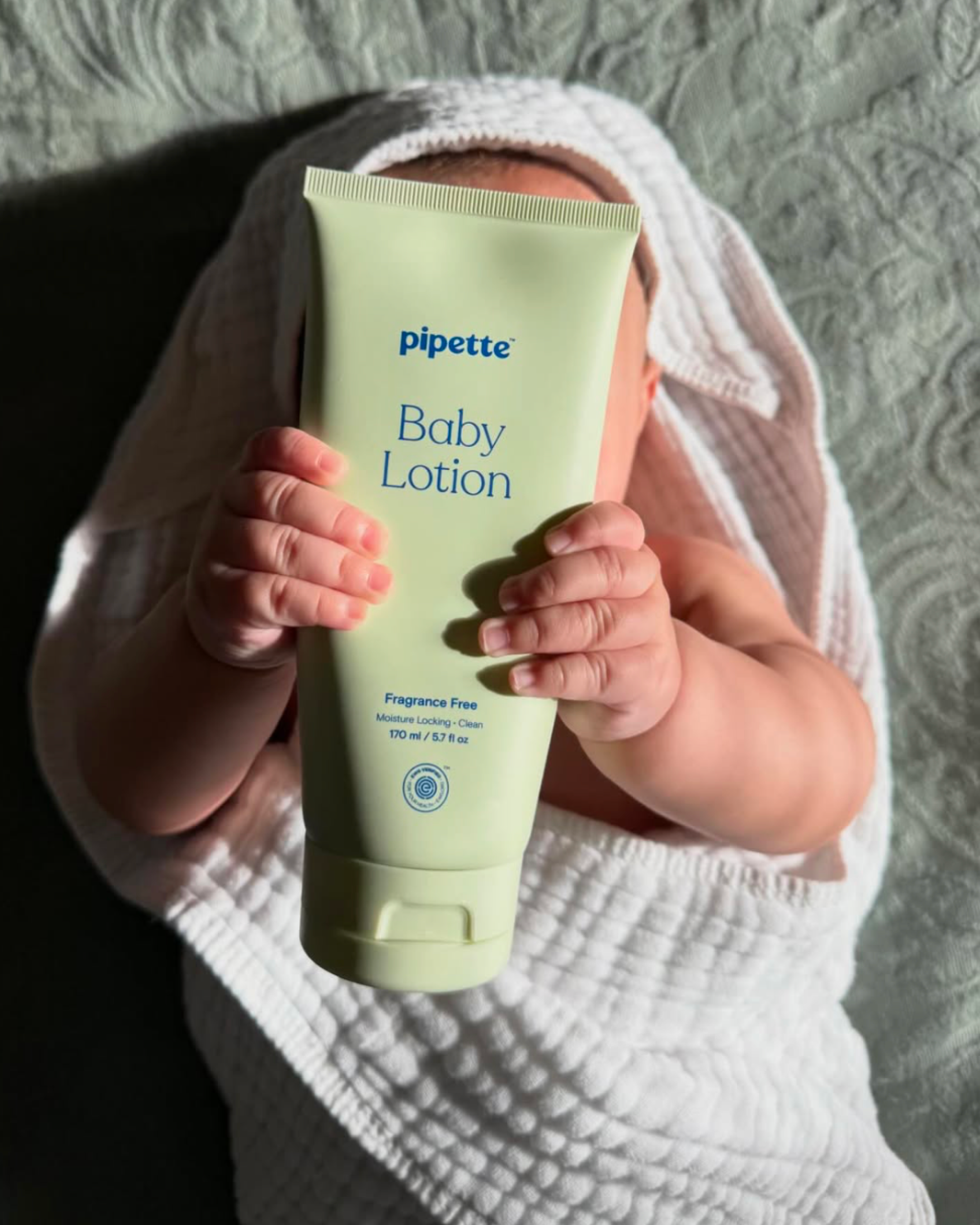Retinol Alternatives Your Skincare Line Needs
Retinol is one of those ingredients that just about everyone in skincare has heard of. It’s often the first thing people think of when they’re looking for help with fine lines, uneven skin tone, loss of firmness and a way to improve overall appearance. And for a good reason. For years, it’s been seen as one of the most effective ingredients in anti-aging products.
But not everyone has a great experience with it. For some, it leads to glowing results. For others – it’s irritation, flaking, and redness after just a few days. And then there are people who never even try it because they’ve heard about the sun sensitivity it can cause, or they already know their skin doesn’t tolerate strong actives.
This is why there’s so much talk now about retinol alternatives. Customers want the benefits of this ingredient, but without the downsides of it. So, alternatives like bakuchiol oil, kojic acid, peptides, and bidens pilosa are getting a lot of attention because they deliver results similar to retinol, only in a gentler way.
And this shift is worth paying attention to. Adding natural retinol alternatives to your cosmetics line is a chance to serve a bigger audience, meet demand for gentler options, and create products that fit naturally into modern skincare routines.
Let's dig into the best alternatives to retinol, why they’re becoming so important, and how you can bring them into your own product line.
Table of Contents
What Is Retinol and Why Customers Are Turning to Natural Alternatives
Retinol is a form of vitamin A, and it’s probably the most researched ingredient in modern skincare. It’s been around for decades, recommended by dermatologists for its ability to speed up skin renewal, boost collagen, and soften the look of fine lines, wrinkles, and uneven tone. That’s why it has been a staple in so many anti-aging products for so long.
The problem is that it doesn’t suit everyone. While some people see smoother, brighter skin, others end up with redness, flaking, or irritation. Also, retinol makes the skin more sensitive to sunlight, so daily sunscreen is required. So, for people with sensitive skin or busy lifestyles, that can feel like too much to manage.
This is why customers are looking for gentler options. They want the same benefits – better skin texture, fewer dark spots, a healthier, more youthful look –, but without the side effects or complicated routines. That’s why effective alternatives are quickly becoming such an important part of modern skincare routines.
The Growing Demand for Retinol Alternatives
For a long time, people were willing to put up with the downsides of retinol and accepted the peeling, redness, and sun sensitivity that often came with it. But times have changed. Skincare customers today are smarter and more demanding. They check ingredient lists, they read reviews, and they listen to what skincare experts and a board-certified dermatologist might say before trying something new. And yes, results still matter, but so does comfort. Nobody wants a product that makes their skin burn just to see improvement.
That's why alternative retinol ingredients are becoming so popular. The clean beauty movement and the shift toward gentler skincare products have gained popularity, and people want ingredients that can do the job without leaving their skin barrier compromised. Consumers are asking for smoother skin texture, fewer dark spots, and a more youthful appearance, but they also want options that work for sensitive skin, acne-prone skin, and anyone who can’t tolerate retinoids.
More and more you'll hear about ingredients like bakuchiol oil, kojic acid, peptides, rosehip oil, and snow mushroom extract. Each of these brings various benefits, for example, fading dark spots, promoting collagen production, or supporting the skin barrier. What makes them especially appealing is that they’re easier for different skin types to tolerate than traditional retinol.
For skincare brands, this is a great opportunity. By using private label products that feature these trending actives, you can meet growing demand and give customers exactly what they’re searching for.
The Best Ingredients for Sensitive Skin and Anti-Aging Routines
Today’s skincare customers are looking for more than quick results. They want products they can trust and formulas that are safe, reliable, and suited to their skin. That’s why ingredients like bakuchiol oil, kojic acid, peptides, niacinamide, and bidens pilosa are getting so much attention.
These actives deliver many of the same benefits as retinol products, like smoother skin texture, reduced overall appearance of fine lines and wrinkles, and help with dark spots. But they do so in ways that more people can actually enjoy. Even customers with sensitive, acne-prone skin, or anyone who has struggled with skin irritation, often find them a better fit.
For skincare brands this means giving customers more choice. Adding natural alternatives to your private label cosmetics line shows that your brand understands what people want – effective skincare that works for different skin types without the harsh side effects.
Bakuchiol: A Natural Ingredient for Sensitive Skin
Bakuchiol is a plant extract from the babchi plant that’s often called a “botanical retinol.” It has become one of the most popular natural retinol alternatives because it delivers many of the same results like, but without the irritation that retinol products are known for.
What makes bakuchiol stand out is how gently the skin reacts to it. Research shows that bakuchiol vs retinol delivers similar improvements in wrinkles and pigmentation, but bakuchiol causes much less redness, peeling, or sun sensitivity. This natural alternative also has anti-inflammatory properties and helps strengthen the skin barrier, which makes it a great choice for sensitive or acne-prone skin.
You’ll often find bakuchiol in serums, oils, and moisturizers, sometimes combined with other ingredients like vitamin C or peptides. So, for brands, it’s an easy way to add a plant-based anti-aging ingredient to a private label cosmetics line.
Selfnamed’s Natural Retinol Alternative Oil Serum is made from bakuchiol and serves as a gentle retinol alternative.
Kojic Acid: A Brightening Retinol Alternative for Dark Spots and Uneven Skin Tone
Kojic acid has become one of the go-to ingredients, especially for anyone struggling with dark spots or uneven skin tone. Unlike retinol, which works by speeding up cell turnover, it takes a different route. It’s made naturally during the fermentation of rice and sugar cane, and it works by slowing down the production of melanin – the pigment that causes discoloration.
That makes it a great choice for people dealing with sun damage, post-acne marks, or patches of pigmentation. Instead of worrying about peeling or sun sensitivity, customers can use this ingredient to get a brighter, more even complexion in a way that feels much easier on the skin.
Customers love kojic acid because it goes straight to the problem and is easy to add into a skin care routine. For brands, that makes it the star of a product, whether it’s in a brightening formula or part of an anti-aging skincare product line.
Selfnamed has a line of Kojic Acid products for face and body that skincare brand owners can customiez and sell under their brand.
Peptides: A Skincare Ingredient That Supports Collagen Production Naturally
Peptides have become a customer favorite when it comes to skincare products, and it’s easy to see why. They’re short chains of amino acids that tell the skin to make more collagen and elastin. The result? Smoother skin, fewer fine lines, and better elasticity – similar to what you’d expect from retinol, but without the peeling or irritation that often comes with it.
The studies prove it as well. Using a peptide cream twice a day for 12 weeks can reduce visible wrinkles by nearly 40% and improve elasticity by 19%.
Another reason peptides are so valuable is their flexibility. They show up in serums, moisturizers, masks, and eye creams, and they work for almost all skin types. That makes them a safe bet for any private label cosmetics line.
Niacinamide: A Gentle Retinol Alternative for Brighter, Healthier Skin
Niacinamide, also known as vitamin B3, has quickly become one of the most demanded ingredients in skincare. In 2025, the global niacinamide beauty products market is valued at around USD 527 million and is expected to grow to nearly USD 729 million by 2030.
What makes niacinamide such a strong retinol alternative is its versatility. It helps calm redness, improve uneven skin tone, smooth the look of fine lines, and strengthen the skin barrier. And that all without the disadvantages that come with retinol.
For skin care brands, niacinamide is easy to work with. It fits into serums, moisturizers, toners, and masks, and combines well with other ingredients like vitamin C, peptides, and gentle alpha hydroxy acids.
Bidens Pilosa: A Plant-Based Alternative for Sensitive Skin
Bidens pilosa is quickly becoming known as one of the gentlest plant-based alternatives to replace retinol. It offers many of the benefits people look for in retinol, like smoother skin texture, fewer fine lines, and support for collagen production.
What really makes it interesting is the research behind it. A study found that extracts from bidens pilosa leaves help with wound healing and calming inflammation, showing strong skin repair potential. That makes it useful not only for anti-aging, but also for keeping the skin barrier healthy and resilient.
People are drawn to bidens pilosa because it feels natural and modern, while still being backed by solid science. So it’s a great ingredient with a story, one that aligns perfectly with today’s demand for effective, plant-powered alternatives.
That’s why we at Selfnamed create a line of retinol alternative products, derived from the powerful bidens pilosa. This way you can create a skincare line that has the power of retinol without the harsh side-effects.
How to Integrate Retinol Alternatives into Your Beauty Brand
Bringing retinol alternatives into your product line doesn’t have to be complicated. The easiest way is to start with what your customers are already asking for and build from there.
Pick the right ingredient for the right concern – think about what your customers actually want to fix. For instance, if they’re worried about dark spots, ingredients like kojic acid or vitamin C are great options.
Use products people already know – serums, moisturizers, and eye creams are already part of what customers use on a daily basis, which makes them the easiest places to introduce alternative ingredients.
Combine ingredients that work well together – some actives give better results when paired together. For example, niacinamide with peptides can help strengthen the skin’s barrier.
Explain the results in simple words – customers want to know what a product will actually do for their skin so make that loud and clear.
Be open with your customers – share the story behind your ingredient choices and point to the science that supports them, because transparency builds trust and makes your brand feel more real and relatable.
How to Market Retinol Alternatives in Your Skincare Line
Research shows that 81% of people need to trust a brand before they buy. That means being open about what’s in your formulas, sharing the science behind your choices, and showing proof through reviews or before-and-after photos is one of the keys to effective product marketing.
People also love to hear the story behind ingredients. With 72% of beauty customers preferring natural or plant-based claims, it makes sense to highlight that in retinol alternative products as well.
More than anything, customers value honesty. Skincare is personal, and people want to feel confident about what they’re putting on their skin. Being transparent about your ingredient choices, how your products are tested, and what results customers can realistically expect builds trust, and that trust is what keeps customers coming back.
Real-Life Examples: How Brands Bring Retinol Alternatives Into Their Skincare Lines
Source: Medik8
Well-known names in skincare are already proving how good the alternatives can work. For instance, Medik8’s Bakuchiol Peptides Serum has become a customer favorite because it delivers the benefits of retinol without the irritation. It’s a clear example of how a gentle ingredient can still create powerful results.
La Roche-Posay has taken a similar approach by combining kojic acid with glycolic acid to help customers reduce dark spots and uneven skin tone. By pairing these well-known actives, they’ve made alternative solutions feel both effective and easy for customers to add into their skin care routines.
Cosmetic chemist Julian Sass explained it well: “It’s popular because it has excellent timing with the clean-beauty movement, has great marketing, and has a decent amount of data to back it up.” And, that mix of science, timing, and smart communication is exactly why brands using alternative ingredients are seeing such strong results.
The Next Step in Modern Skincare
Retinol has been one of the most talked-about ingredients in skincare for decades, but it doesn’t work for everyone. Many people deal with redness, peeling, or sun sensitivity, which makes them look for something gentler. That’s where natural alternatives can help. They make sure to smooth skin texture, fade dark spots, and soften fine lines while being much easier for different skin types to tolerate.
For skincare brands, this shift is a great opportunity to evolve. By adding alternative ingredients to your products and replacing retinol, for example, by using private label manufacturing, you can reach customers who might have avoided retinol skincare products in the past. It’s a smart way to grow your skincare business, increase sales, and build stronger customer loyalty by showing that you understand what customers truly want.
Frequently Asked Questions
-
They’re ingredients like bakuchiol, kojic acid, peptides, and niacinamide that work a lot like retinol but without the harsh side effects. People want them because they give results, for example, smoother skin, fewer dark spots, but without the peeling or sun sensitivity.
-
Yes. Most of them are much easier on the skin than retinol, which makes them a good option for people with sensitive or acne-prone skin.
-
Selfnamed has ready-to-go products made with retinol alternatives. They’re designed to target things like fine lines, uneven tone, and overall skin texture.
-
Definitely. Retinol alternatives can go into serums, moisturizers, eye creams, and even masks. You can build a full line that feels effective and gentle at the same time.
Must read




